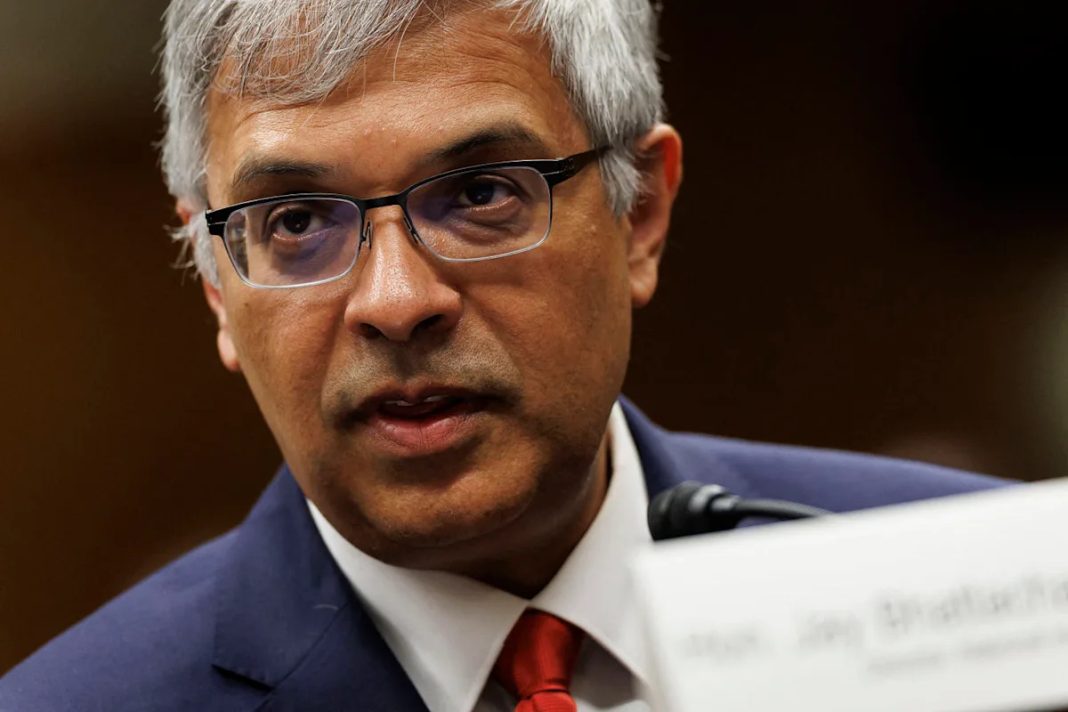The list of bad decisions from Health Secretary Robert F. Kennedy Jr. is not short, but this was especially egregious: The conspiracy theorist, who has a lengthy record of promoting bizarre and unscientific ideas, announced that he and the Trump administration are terminating a series of federal contracts focused on developing mRNA vaccines. RFK Jr. also said he’s winding down additional federal investments in mRNA technology.
The condemnations from the reality-based community quickly followed. Mike Osterholm, a University of Minnesota expert on infectious diseases and pandemic preparations, told The Associated Press: “I don’t think I’ve seen a more dangerous decision in public health in my 50 years in the business.”
Around the same time, Dr. Jerome Adams, who served as the surgeon general during Donald Trump’s first term, added via social media: “I’ve tried to be objective & non-alarmist in response to current HHS actions — but quite frankly this move is going to cost lives.”
The president tried to defend the decision, but failed. Kennedy tried, too, and he fared about as well. It was against this backdrop that Dr. Jay Bhattacharya, Trump’s handpicked director of the National Institutes of Health, wrote an op-ed for The Washington Post making his best case.
Bhattacharya, a deeply unfortunate choice to lead the NIH, conceded in his opinion piece that the mRNA platform is “promising,” and has the potential to “deliver breakthroughs.” So why in the world is the Republican administration, as Bhattacharya put it, “winding down its mRNA vaccine development activities”? His Post piece stressed a few points, but this was the heart of his defense:
[A]s a vaccine intended for broad public use, especially during a public health emergency, the platform has failed a crucial test: earning public trust. No matter how elegant the science, a platform that lacks credibility among the people it seeks to protect cannot fulfill its public health mission.
The NIH director bolstered his point by pointing to polls showing Americans’ reluctance to get Covid booster shots, which were developed through mRNA research, before peddling some baseless claims about the Biden administration’s “scientific overreach” and “arrogance.”
So, let’s take stock.
At issue is a game-changing and lifesaving scientific breakthrough. “To scientists who study it, mRNA is a miracle molecule,” The New York Times reported in May. “The vaccines that harnessed it against Covid saved an estimated 20 million lives, a rapid development that was recognized with a Nobel Prize.”
The same Times report added that mRNA research has raised hopes of possible treatments — and perhaps even cures — for deadly cancers and a host of genetic and chronic diseases.
Even Trump himself has celebrated mRNA vaccines — the president explicitly referred to them as a “modern-day miracle” — before he put the nation’s public health infrastructure in the hands of a guy who has claimed, among other things, that Wi-Fi causes “leaky brain.”
But according to the NIH director, the scientific potential apparently doesn’t matter. The “miracle” apparently doesn’t matter. Even the number of Americans who might suffer as a direct result to the Trump administration’s cuts apparently doesn’t matter.
What does matter, Bhattacharya argued, is that mRNA research hasn’t “earned public trust.”
To be sure, I’m not in a position to say which areas of scientific research have been embraced by the American mainstream. I’m not even sure how many Americans are familiar with mRNA or its potential.
I am confident, however, that major scientific powers don’t base research decisions on popularity contests.
Most laypeople outside of the scientific community aren’t in a position to make qualified assessments about the merits of investing in specific technologies. On the contrary, most laypeople are susceptible to misinformation, disinformation and the kind of anti-science conspiracy theories touted by RFK Jr., which results in less knowledge and more confusion.
What the general public needs, in other words, is a policy environment in which they put investment decisions like these in the hands of qualified and experienced scientific experts who prioritize the public’s well-being — the kind of experts who traditionally have worked at the NIH.
If Bhattacharya hoped his op-ed would prove persuasive, he’s going to be disappointed.
This article was originally published on MSNBC.com

